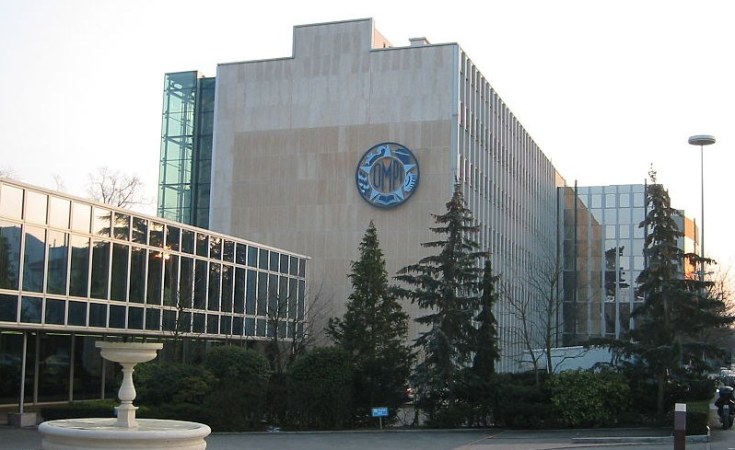Geneva — A South African cabinet minister speaking at an international conference on intellectual property has challenged the view that protecting the rights of creators and inventors leads to innovation.
Rob Davies, the country's trade minister, raised eyebrows recently when he told the World Intellectual Property Organization (WIPO) - the global HQ of patents - that the role of patent protection in promoting innovation has been controversial.
"The evidence on the extent to which patent protection, which is of particular relevance in the context of industrial policies, contributes to encouraging innovation is, at best, inconclusive," said Davies.
He was the keynote speaker for the April 7 and 8 WIPO conference entitled "Intellectual Property and Development".
One speaker from the podium characterised some of his observations as "controversial".
On its website WIPO says, "A patent is an exclusive right granted for an invention, which is a product or a process that provides, in general, a new way of doing something, or offers a new technical solution to a problem." To obtain a patent, technical information about the invention must be disclosed to the public in a patent application.
Davies said that "some studies contend that other factors, notably 'first mover' advantages, are more decisive in promoting innovation" than patents.
He noted that proponents of stronger IPR (Intellectual Property Rights) regimes suggest that IPR protection fosters innovation in reforming countries.
"They also argue that stronger IPR facilitates transfers of technology to reforming countries, increases foreign direct investment (FDI), and spurs industrial development."
Those making that argument point to the growing literature that shows a correlation between IPR reform and industrial development and argue that the concerns that a shift to stronger IPR would undermine industrial development are overstated.
But, Davies added, opponents of strong Intellectual Property Rights typically raise concerns that stronger IPR raises the costs of protected goods and reduces the accessibility of innovations.
They often argue that a stronger IPR regime is costly including the fact that "stronger patents confer a greater degree of monopoly power on the patent holder that are often foreign-based multinationals".
Opponents also assert that stronger IPR regimes can retard industrial development.
"That is because weak rights can function as a kind of infant industry policy, allowing indigenous firms to learn from, absorb and experiment with foreign technology at low cost.
"In other words, establishing a strong IPR regime prematurely limits the diffusion of innovative technology more widely and by imposing high prices for patent-protected goods thereby lowering consumer welfare.
"If the proposition that industrial development and structural transformation are necessary for sustainable development in many developing countries is correct, the question of whether and how Intellectual Property protection can support these objectives becomes relevant."
In his speech Davies said Africa is a strong advocate for the conclusion of legally binding global norms for the protection of genetic resources, traditional knowledge and traditional cultural expressions against misappropriation.
This is particularly in the context of WIPO's main body dealing with these issues, the IGC (Inter-Governmental Committee) he said.
He also urged that there should much more research done on patents and development.
WIPO has said that the United States kept its lead on international patents filings in 2015 with 57,385. The US is followed by Japan (44,235 filings) and China (29,846).
Overall, growth in filings was driven by China, Japan and the Republic of Korea. As a result, Asia has more than doubled its share of all Patent Cooperation Treaty applications filed since 2005 and now accounts for 43 percent of the total.


